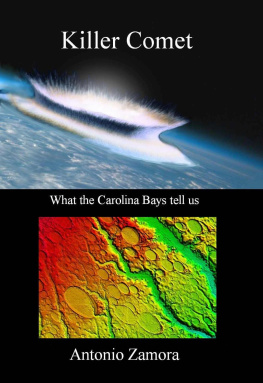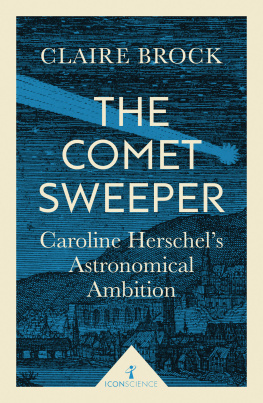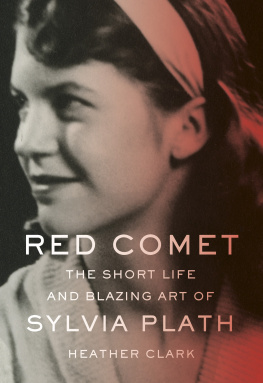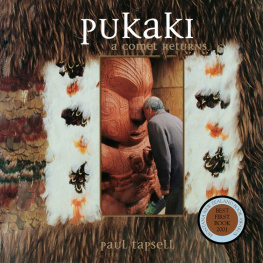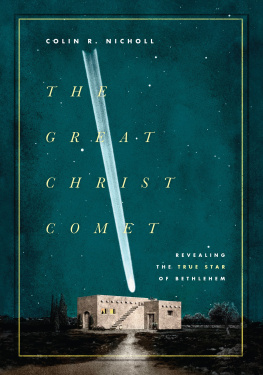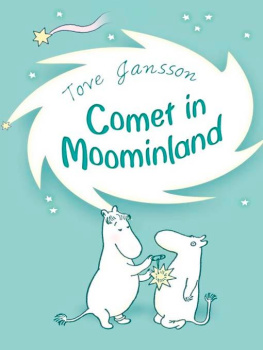Arthur Clarke - Into the Comet
Here you can read online Arthur Clarke - Into the Comet full text of the book (entire story) in english for free. Download pdf and epub, get meaning, cover and reviews about this ebook. year: 1960, publisher: Mercury Press, Inc., genre: Science fiction. Description of the work, (preface) as well as reviews are available. Best literature library LitArk.com created for fans of good reading and offers a wide selection of genres:
Romance novel
Science fiction
Adventure
Detective
Science
History
Home and family
Prose
Art
Politics
Computer
Non-fiction
Religion
Business
Children
Humor
Choose a favorite category and find really read worthwhile books. Enjoy immersion in the world of imagination, feel the emotions of the characters or learn something new for yourself, make an fascinating discovery.

- Book:Into the Comet
- Author:
- Publisher:Mercury Press, Inc.
- Genre:
- Year:1960
- Rating:5 / 5
- Favourites:Add to favourites
- Your mark:
- 100
- 1
- 2
- 3
- 4
- 5
Into the Comet: summary, description and annotation
We offer to read an annotation, description, summary or preface (depends on what the author of the book "Into the Comet" wrote himself). If you haven't found the necessary information about the book — write in the comments, we will try to find it.
Into the Comet — read online for free the complete book (whole text) full work
Below is the text of the book, divided by pages. System saving the place of the last page read, allows you to conveniently read the book "Into the Comet" online for free, without having to search again every time where you left off. Put a bookmark, and you can go to the page where you finished reading at any time.
Font size:
Interval:
Bookmark:
Into the Comet
by Arthur C. Clarke
I dont know why Im recording this, said George Takeo Pickett slowly into the hovering microphone. Theres no chance that anyone will ever hear it. They say the comet will bring us back to the neighbourhood of Earth in about two million years, when it makes its next turn around the sun. I wonder if mankind will still be in existence then, and whether the comet will put on as good a display for our descendants as it did for us? Maybe theyll launch an expedition, just as we have done, to see what they can find. And theyll find us
For the ship will still be in perfect condition, even after all those ages. Therell be fuel in the tanks, maybe even plenty of air, for our food will give out first, and well starve before we suffocate. But I guess we wont wait for that; it will be quicker to open the air lock and get it all over.
When I was a kid, I read a book on polar exploration called Winter Amid the Ice. Well, thats what were facing now. Theres ice all around us, floating in great porous bergs. Challengers in the middle of a cluster, orbiting round one another so slowly that you have to wait several minutes before youre certain theyve moved. But no expedition to Earths poles ever faced our winter. During most of that two million years, the temperature will be four hundred and fifty below zero. Well be so far away from the sun that itll give about as much heat as the stars. And who ever tried to warm his hands by Sirius on a cold winter night?
That absurd image, coming suddenly into his mind, broke him up completely. He could not speak because of memories of moonlight upon snowfields, of Christmas chimes ringing across a land already fifty million miles away. Suddenly he was weeping like a child, his self-control dissolved by the remembrance of all the familiar, disregarded beauties of the Earth he had forever lost.
And everything had begun so well, in such a blaze of excitement and adventure. He could recall (was it only six months ago?) the very first time he had gone out to look for the comet, soon after eighteen-year-old Jimmy Randall had found it in his home-made telescope and sent his famous telegram to Mount Stromlo Observatory. In those early days, it had been only a faint polliwog of mist, moving slowly through the constellation of Eridanus, just south of the Equator. It was still far beyond Mars, sweeping sunward along its immensely elongated orbit. When it had last shone in the skies of Earth, there were no men to see it, and there might be none when it appeared again. The human race was seeing Randalls comet for the first and perhaps the only time.
As it approached the sun, it grew, blasting out plumes and jets, the smallest of which was larger than a hundred Earths. Like a great pennant streaming down some cosmic breeze, the comets tail was already forty million miles long when it raced past the orbit of Mars. It was then that the astronomers realized that this might be the most spectacular sight ever to appear in the heavens; the display put on by Halleys comet, back in 1986, would be nothing in comparison. And it was then that the administrators of the International Astrophysical Decade decided to send the research ship Challenger chasing after it, if she could be fitted out in time; for here was a chance that might not come again in a thousand years.
For weeks on end, in the hours before dawn, the comet sprawled across the sky like a second but far brighter Milky Way. As it approached the sun, and felt again the fires it had not known since the mammoths shook the Earth, it became steadily more active. Gouts of luminous gas erupted from its core, forming great fans which turned like slowly swinging searchlights across the stars. The tail, now a hundred million miles long, divided into intricate bands and streamers which changed their patterns completely in the course of a single night. Always they pointed away from the sun, as if driven starwards by a great wind blowing forever outwards from the heart of the solar system.
When the Challenger assignment had been given to him, George Pickett could hardly believe his luck. Nothing like this had happened to any reporter since William Laurence and the atom bomb. The facts that he had a science degree, was unmarried, in good health, weighed less than one hundred and twenty pounds, and had no appendix undoubtedly helped. But there must have been many others equally qualified; well, their envy would soon turn to relief.
Because the skimpy payload of Challenger could not accommodate a mere reporter, Pickett had had to double up in his spare time as executive officer. This meant, in practice, that he had to write up the log, act as captains secretary, keep track of stores, and balance the accounts. It was very fortunate, he often thought, that one needed only three hours, sleep in every twenty-four, in the weightless world of space.
Keeping his two duties separate had required a great deal of tact. When he was not writing in his closet-sized office, or checking the thousands of items stacked away in stores, he would go on the prowl with his recorder. He had been careful, at one time or another, to interview every one of the twenty scientists and engineers who manned Challenger. Not all the recordings had been radioed back to Earth; some had been too technical, some too inarticulate, and others too much the reverse. But at least he had played no favourites and, as far as he knew, had trodden on no toes. Not that it mattered now.
He wondered how Dr Martens was taking it; the astronomer had been one of his most difficult subjects, yet the one who could give most information. On a sudden impulse, Pickett located the earliest of the Martens tapes, and inserted it in the recorder. He knew that he was trying to escape from the present by retreating into the past, but the only effect of that self-knowledge was to make him hope the experiment would succeed.
He still had vivid memories of that first interview, for the weightless microphone, wavering only slightly in the draught of air from the ventilators, had almost hypnotized him into incoherence. Yet no one would have guessed: his voice had its normal, professional smoothness.
They had been twenty million miles behind the comet, but swiftly overtaking it, when he had trapped Martens in the observatory and thrown that opening question at him.
Dr Martens, he began, just what is Randalls comet made of?
Quite a mixture, the astronomer had answered, and its changing all the time as we move away from the sun. But the tails mostly ammonia, methane, carbon dioxide, water vapour, cyanogen
Cyanogen? Isnt that a poison gas? What would happen if the Earth ran into it?
Not a thing. Though it looks so spectacular, by our normal standards a comets tail is a pretty good vacuum. A volume as big as Earth contains about as much gas as a matchbox full of air.
And yet this thin stuff puts on such a wonderful display!
So does the equally thin gas in an electric sign, and for the same reason. A comets tail glows because the sun bombards it with electrically charged particles. Its a cosmic sky-sign; one day, Im afraid, the advertising people will wake up to this, and find a way of writing slogans across the solar system.
Thats a depressing thoughtthough I suppose someone will claim its a triumph of applied science. But lets leave the tail; how soon will we get into the heart of the cometthe nucleus, I believe you call it?
Since a stern chase always takes a long time, it will be another two weeks before we enter the nucleus. Well be ploughing deeper and deeper into the tail, taking a cross section through the comet as we catch up with it. But though the nucleus is still twenty million miles ahead, weve already learned a good deal about it. For one thing, its extremely smallless than fifty miles across. And even thats not solid, but probably consists of thousands of smaller bodies, all milling round in a cloud.
Font size:
Interval:
Bookmark:
Similar books «Into the Comet»
Look at similar books to Into the Comet. We have selected literature similar in name and meaning in the hope of providing readers with more options to find new, interesting, not yet read works.
Discussion, reviews of the book Into the Comet and just readers' own opinions. Leave your comments, write what you think about the work, its meaning or the main characters. Specify what exactly you liked and what you didn't like, and why you think so.

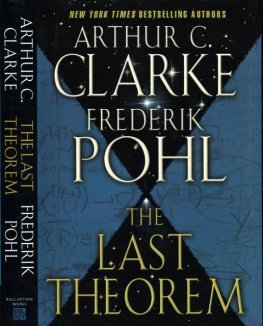
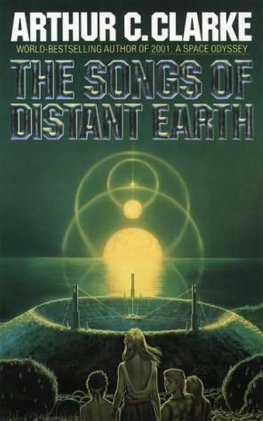
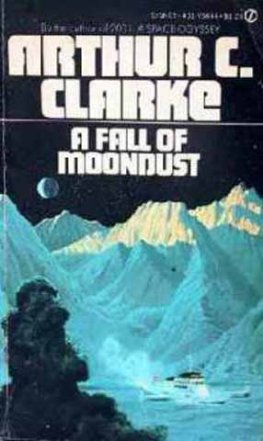
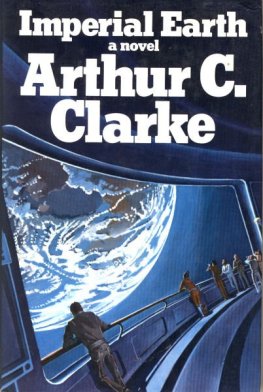
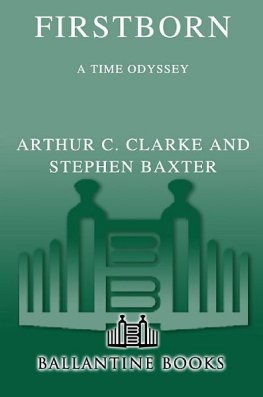
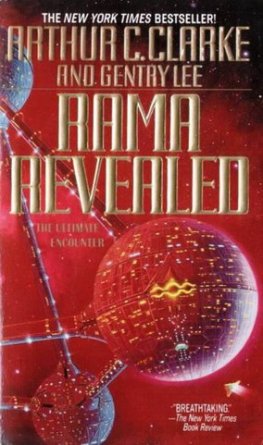
![ZHyul Vern - Off on a Comet [Hector Servadac]](/uploads/posts/book/834994/thumbs/zhyul-vern-off-on-a-comet-hector-servadac.jpg)

